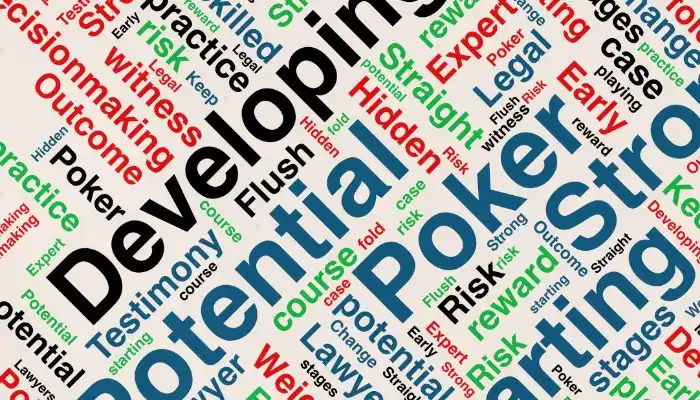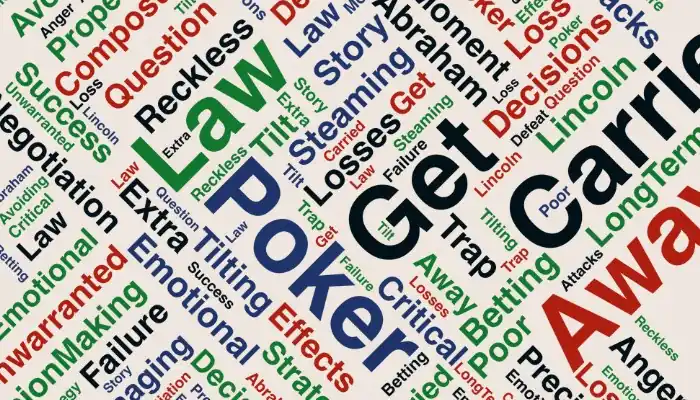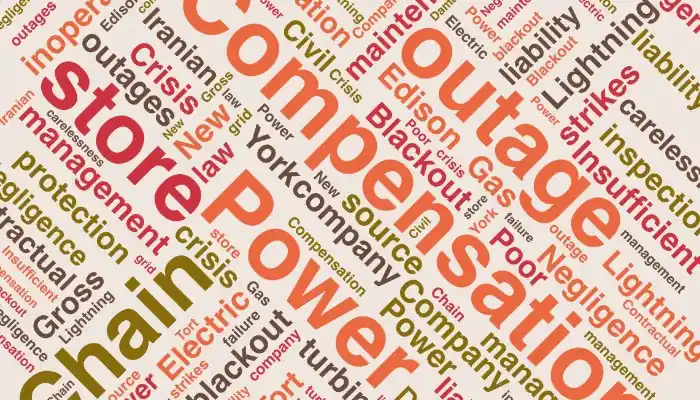In poker, strong starting hands usually win, but that’s not always the case. With five more cards yet to be dealt, there’s a high chance that someone could pull a better hand. Skilled players understand that developing hands—those that have the potential to improve with future cards—play a key role in the game. The same is true in legal practice.
Evaluating Potential Hands
In poker, developing hands act as hidden potential. For example, holding two suited consecutive cards, like 9♥ and 10♥, gives the player a chance to make a flush or a straight later in the game. But these hands don’t always succeed, and they require careful calculations. In such cases, the player must decide whether it’s worth the cost to see the next cards. Similarly, in a legal case, lawyers must carefully evaluate whether pursuing a specific path is worth the time and effort.
Decision-Making in the Early Stages of a Case
For example, suppose a defense attorney, during the process of taking testimony from an expert witness, comes across information about the expert’s professional background. This information may not seem strong at first, but it could reveal weaknesses that could be used in court. In this situation, the lawyer must decide whether it’s worth confronting the expert during the deposition, asking potentially uncomfortable questions, or if it’s better to hold onto the information and use it unexpectedly during the trial.
Here is the translation of your text into English:
Evaluating Risk and Reward
In both poker and legal practice, risk and reward are closely connected. When considering developing hands, you need to evaluate how much it’s worth to risk seeing the next card or gathering more information. Just as a poker player can make a decision by calculating the odds of continuing the game, lawyers must weigh the risk against the potential reward.
Conclusion
In legal practice, much like in poker, achieving the desired outcome requires careful assessment of the situation and the ability to change course if necessary. Developing hands in poker are similar to cases that still have potential to improve. A skilled lawyer, like a poker player, must know when to keep playing and when to fold.
Source: Lawyers’ Poker: 52 Lessons that Lawyers Can Learn from Card Players: Lubet, Steven: 9780195369014: Amazon.com: Books. (n.d.). Retrieved June 15, 2024, from.




